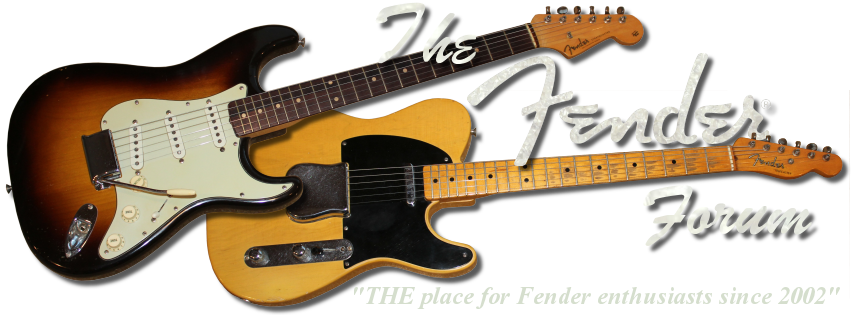"in a major progression the 2,3 & 6 chords are pretty much gonna be minors, the 4 and 5 major, and the 7th diminished"
I cut that from another thread. I want to find a website, a book, or something were I can learn all that useful stuff. I know intervals, chord formation and a few couple of things, I want to learn more .
Anybody can tell me were? I also would llike to find more scales to use. I´m always using the same things. If you know about a good book, even a hard or long one, It would be ok to me.
And, I would be great if someone would complete this:
"in a minor progression the chords 2,3,4,5,6,7 ...."




 Reply With Quote
Reply With Quote




 joder!!!! it´s very interesting. And it sounds really different/good I want to learn all this stuff!!!!
joder!!!! it´s very interesting. And it sounds really different/good I want to learn all this stuff!!!! 


